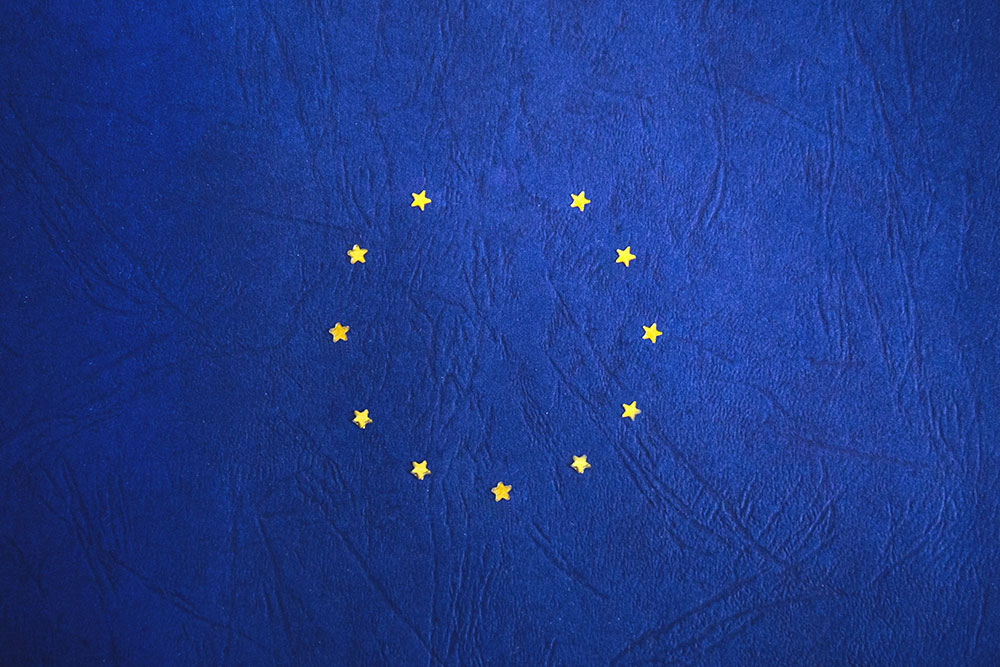Fox Williams LLP: Fashion and the end of the Brexit transition period – points to consider

With just four months to run until the end of the Brexit transition period, fashion businesses need to prepare. With this in mind, the publication last month by the European Commission of “Getting ready for changes: Communication on readiness at the end of the transition period between the EU and the UK” is worth consideration.
The Communication – a copy of which can be found here – provides a business sector by sector overview of the main areas where changes will arise; irrespective of the outcome of current EU-UK trade negotiations.
In respect of the overview, the sectors most likely to be of interest to fashion businesses are those concerning:
- trade in goods:
- company and civil law;
- personal data; and
- intellectual property rights.
Some of the main changes are available in more detail below.
Trade in Goods
Except for trade between the EU and Northern Ireland (see below), the following changes will apply to trade in goods. They will affect both goods going into retail for SS21 as well as forward orders for AW21:
- The UK will no longer form part of the single market or customs union. Therefore, customs formalities will be imposed on all goods travelling between the UK and the EU; even if a free trade area is established which provides for zero tariffs and quotas. This will result in increased administrative obligations and potential delays in supply chains.
EU businesses have been advised to familiarise themselves with the formalities required for doing business with the UK as a third country. UK businesses would be wise to follow suit where they will be exporting to the EU. - Customs and taxation rules will apply to the import and export of goods. Any UK content will be treated by EU businesses as “non-originating” in the context of trade with EU preferential partner countries.
- Any goods placed on the market by UK businesses in the EU will need to comply with national Member State or EU rules. This is in respect of certificates of origin and authorisations, labelling, and marking.
On a practical level:
(i) Importing from, for example, China to a UK distribution centre and then from there to stockists in the EU will result in the completing of paperwork. And, in all likelihood, duties to be paid – by the UK exporter to the EU or by their EU customers;
(ii) Attempts to avoid the implications of importing from, for example, China to the UK and then from a UK warehouse to the EU by shipping directly to an EU warehouse can be expected to increase EU warehouse charges; and
(iii) Thought will need to be given as to whether Incoterms used currently in contracts entered into by fashion brands continue to be appropriate.
Trade between the EU and Northern Ireland
Northern Ireland represents the intersection of the venn diagram of two unions; the union of the United Kingdom and the union of the European Union.
This geographical fact coupled with the political imperative of the maintenance of a so-called soft border between Northern Ireland and the Republic of Ireland has resulted in a protocol being annexed to the EU-UK Withdrawal Agreement.
The protocol makes interesting reading. But what stands out are:
(i) Goods will be able to move freely without restriction from the Republic of Ireland to Northern Ireland; then from Northern Ireland to the rest of the United Kingdom. In other words, goods coming into Northern Ireland from the Republic of Ireland will be in free circulation within the UK.
(ii) Given (i) goods will be able to move freely from the rest of the EU to the Republic of Ireland and then via Northern Ireland to the rest of the United Kingdom.
Indeed, it is possible to:
- See a situation where sending goods from the EU into the UK via the Republic of Ireland and Northern Ireland may outweigh the extra transport and administrative costs of shipping across the English Channel from France or Belgium; and
- Ask whether the open border between Northern Ireland and the Republic of Ireland will result in an increase in grey mark and counterfeit products entering the UK. In turn, this will increase the workload of the brand protection teams of many UK fashion brands.
(iii) As (i) and (ii) above do not apply in reverse, UK businesses selling into Northern Ireland will face an uneven playing field.
Contractual Jurisdiction Clauses
(i) Currently, any judgments handed down by UK courts are enforceable in the EU, and commercial contracts often provide that the UK courts are to determine disputes in the event of (that is, have jurisdiction for) litigation.
(ii) However, after the current transition period ends, EU treaties which provide for EU-UK cross border recognition and enforcement of judgments will no longer apply.
(iii) The UK plans to become a signatory to the Hague Convention in its own right at the end of the transition period. However, The European Commission’s view is that the Convention will only apply to recognition and enforcement of judgments by the courts specified in exclusive choice of court agreements concluded after the UK has become party to the Convention. In the meantime, the recognition and enforcement of UK judgments will be governed by national rules of the relevant EU Member State.
As a consequence, UK businesses in dispute about a pre-1 January 2021 contract will need to check that any litigation commenced will be undertaken in the English, Scottish, or Northern Irish courts. Or, whether prospective defendants will seek to start actions in the courts of their respective Member States to escape their contractual obligations.
Data Transfers
- After the transition period, the UK will be classed as a third country. The GDPR’s rules on data transfers will apply to personal data transferred from the EU to the UK.
- The EU has stated that it will endeavour to conclude its assessment of the UK regime by the end of 2020. This is with a view to adopting an adequacy decision to allow free movement of personal data to continue without interruption. However, if no adequacy decision is reached by the end of the transition period, businesses will need to consider utilising standard contractual clauses to ensure compliance of any personal data transfers to the UK.
- The UK Data Protection Act will confer adequacy on EU Member States until the end of 2024 for any transfer of personal data from the UK to the EU.
Intellectual property
- Currently, the owner of an intellectual property right (for example, an EU trademark) cannot rely upon its mark to oppose an import of goods from the UK to the EU if goods bearing that mark have already been placed on the UK market by the right holder or with its consent, and vice versa. This is known as the principle of exhaustion of rights. However, after the transition period, EU traders will no longer be able to rely upon this principle when sourcing goods from the UK.
- Also, while EU intellectual property rights that are already in existence will remain protected under the Withdrawal Agreement, any new EU intellectual property rights will have more limited territorial scope as they will no longer have effect in the UK. As such corresponding UK intellectual property rights will need to be sought.
.eu domain names
- After the transition period, any businesses not established in the EEA will no longer be able to register or own .eu domain names.
- If such businesses or individuals cannot demonstrate their continued eligibility at the end of the transition period, their domain names will be withdrawn.
Take home points
- Free trade agreement or not, the end of the current transition period will see changes to what has been the norm for decades.
- These changes will affect every part of the supply chain from design to retail sales.
- Fashion businesses that have not already done so should urgently consider how they may be affected if they import from or export to the EU.
- Finally, as a matter of English contract law; it is unlikely that reliance on force majeure will be possible to escape contractual obligations at any point in the supply chain.

Stephen Sidkin is a partner at Fox Williams LLP
www.fashionlaw.co.uk
www.agentlaw.co.uk











